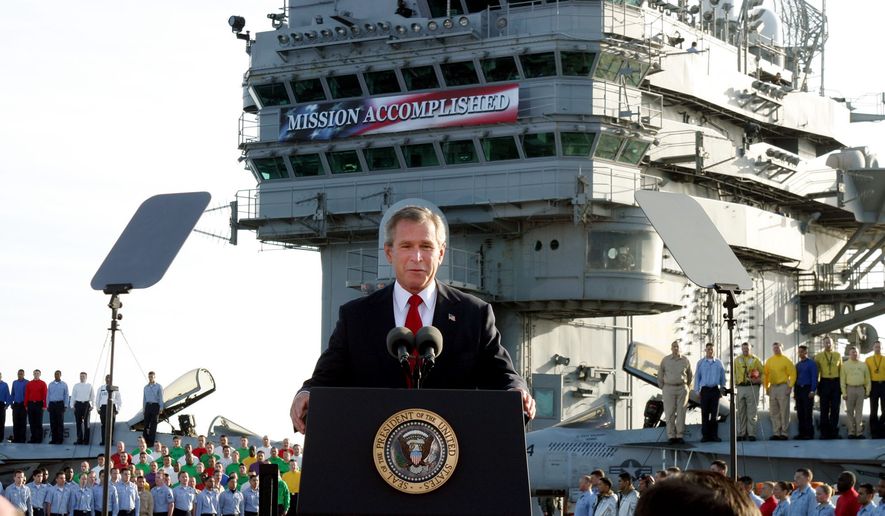When President Biden delivered his first major foreign policy address in early February, he sought to notify the world that “America is back. Diplomacy is back at the center of our foreign policy” — an apparent repudiation of the “America First” approach of his predecessor, Donald Trump, who spurned NATO and trashed the 2015 Iran nuclear accord.
What the world needs now, however, is not a United States seeking to reassert its military hegemony and global leadership as if nothing has changed since 1991, let alone 2016, according to historian Andrew Bacevich, the president of the Quincy Institute for Responsible Statecraft, a think tank whose mission is to change U.S. foreign policy.
In this episode of History As It Happens, Mr. Bacevich, an Army veteran and long-time critic of American militarism, said the Biden administration, Congress, the national security establishment and mainstream media all must recognize the nature and distribution of global power have changed.
The U.S. squandered its unquestioned position as the world’s lone superpower following the Cold War by pursuing fruitless conflicts in the Middle East in the aftermath of the Sept. 11, 2001, terrorist attacks. The loss of blood and treasure from fighting “endless wars” in Iraq and Afghanistan, combined with the damage from two economic calamities in the course of 12 years (the 2008 stock market crash and the 2020 pandemic-induced recession), have left the U.S. in decline, no matter what our blinkered leaders may imagine, said Mr. Bacevich, the author of “After the Apocalypse: America’s Role in a World Transformed.”
“The convergence of crises in 2020 made it now unmistakable that we need to rethink our approach to national security,” Mr. Bacevich said. “There’s the climate crisis. There’s the fact that the pandemic led to an enormous economic crisis where millions of people lost their jobs and businesses shut down … and the endless wars that have long since lost any strategic purpose but just continue along. And there was the reckoning with race and resulting White backlash. All of that together persuaded me that 2020 posed a unique convergence of problems that require us to say, what the heck is going on in our country?” Mr. Bacevich said.
So instead of bickering over partisan political issues, i.e., Trump vs. Biden or Democrats vs. Republicans, Mr. Bacevich is calling for a sweeping reassessment of the pervasive notion that the U.S. must maintain an overseas empire of bases and aircraft carriers to be a strong and prosperous nation. On the contrary, the nation’s focus on eliminating perceived threats through the exercise of military power is leaving it vulnerable to real threats, such as pandemics, destruction wrought by climate change and cyberattacks, he says.
For more of Mr. Bacevich’s insights, listen to the full interview in this episode of the History As It Happens podcast.




